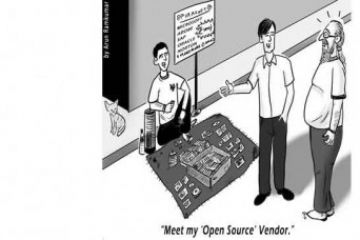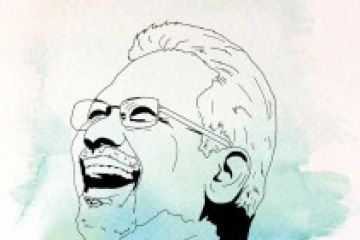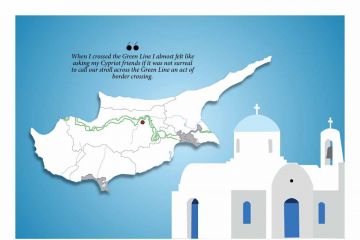
This year marks the 25th anniversary of the Rwandan genocide,
in which the country’s ethnic Hutus slaughtered around 800,000 people, mostly
Tutsis, in 100 days. Although plenty of survivors, politicians of the day and
those responsible for the killings are still around, the details of what
happened remain hotly contested.
Linda Melvern, whose third book about the genocide, Intent
to Deceive, will be published in April, argues that there has been a
“campaign of denial” by a network
Continue reading “Crimes that must not be forgotten”
Read this story with a subscription.





